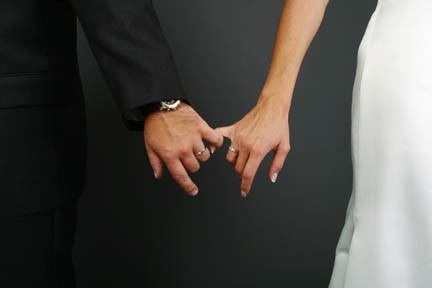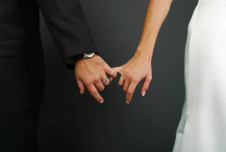Imagine you are reading profiles in an online dating service, and you come across a description like this one:
“I will treat you like you are God until you break my trust and then you are just another person…. warning ahead, I do have a very bad temper…. I do admit I will get jealous if you are always going over to one of your guy friend’s house….”
What would you think? Being treated like God sounds great, and his jealousy may mean he really gets invested in his relationships, that he really cares. And who wouldn’t want a little fire and spice in their partner, someone with real passion?
If you had a similar kind of reaction to this person’s profile, or know someone who always falls for this kind of guy, read on.
A paper published in the journal Personality and Social Psychology Bulletin (Zayas and Shoda, 2007) examined the influence of prior experiences on partner preferences. The researchers themselves constructed a believable-looking “online dating service,” and thus were able to track the study participants’ preferences and selection of various partners. Although the study participants didn’t know it, the researchers had carefully chosen the profiles so that they differed in systematic ways.
For their first study, the researchers focused on heterosexual women’s preferences, and the mens’ profiles that they looked at differed in how much they signaled potential for psychological abuse in intimate relationships. The profiles themselves were actually real, with the profiles of potentially abusive men written by men who scored high on characteristics associated with abusive personality: impulsivity, anger, jealousy, low self-esteem. A separate sample of participants independently confirmed that the profiles gave off warning signals of potential abuse.

The researchers’ results are sobering: Women who had a history of being psychologically maltreated in a prior relationship were three times more likely to choose potentially abusive dating partners than women without this history.
In other words, women who are at risk for being abused in their relationships are more likely to be attracted to the very features that others see as clear precursors of abuse. Often, these choices are rationalized precisely along the lines I hinted at earlier: intense jealousy is misinterpreted as caring, and anger is romanticized as “dangerous.”
In a second study, the researchers turned the tables around, and focused on heterosexual men’s preferences. Their question was this: Who do potentially abusive men prefer?
The results showed that men who scored high on a measure of inflicting psychological abuse were 1.5 times more likely to choose a partner who is high on attachment anxiety. Attachment anxiety is a disposition associated with victims of abuse, and is characterized by an intense anxiety over rejection.
As such, people high in attachment anxiety are particularly vulnerable to being “treated like a God” during the courtship phase of a relationship: being flooded with flowers, adulated, constantly called. Fears of rejection overwhelm the ability to detect an unhealthy balance between independence and interdependence in their relationships.
What does one do in the face of such data, with people high in attachment anxiety and their potentially abusive partners essentially judging each other as highly compatible?
Simple as it may sound, one powerful answer is to rely on your social networks. Listen to what your friends are saying. This is critical advice both if you are attracted to a potentially abusive mate, or if someone you care about begins describing abusive relationship patterns.
Sometimes, we need to rely on other people to help us see what we cannot.






Comments
No surprises in the research. But what is particularly frustrating is that it is possible to be really aware of who you are getting involved with, and still allow yourself to get sucked in, because the “energy” of the other person is so familiar…You know your friends are right, but you can’t stop yourself, because at some deep level, it “feels right”.
Julia Crane | 3:05 pm, April 12, 2012 | Link
Perfect points! I am designing a program to help people DateSmarter and I make the same point. I hope to build a community of people giving each other honest and direct feedback on dating experiences.
Gina Schuchman | 8:30 am, April 18, 2012 | Link